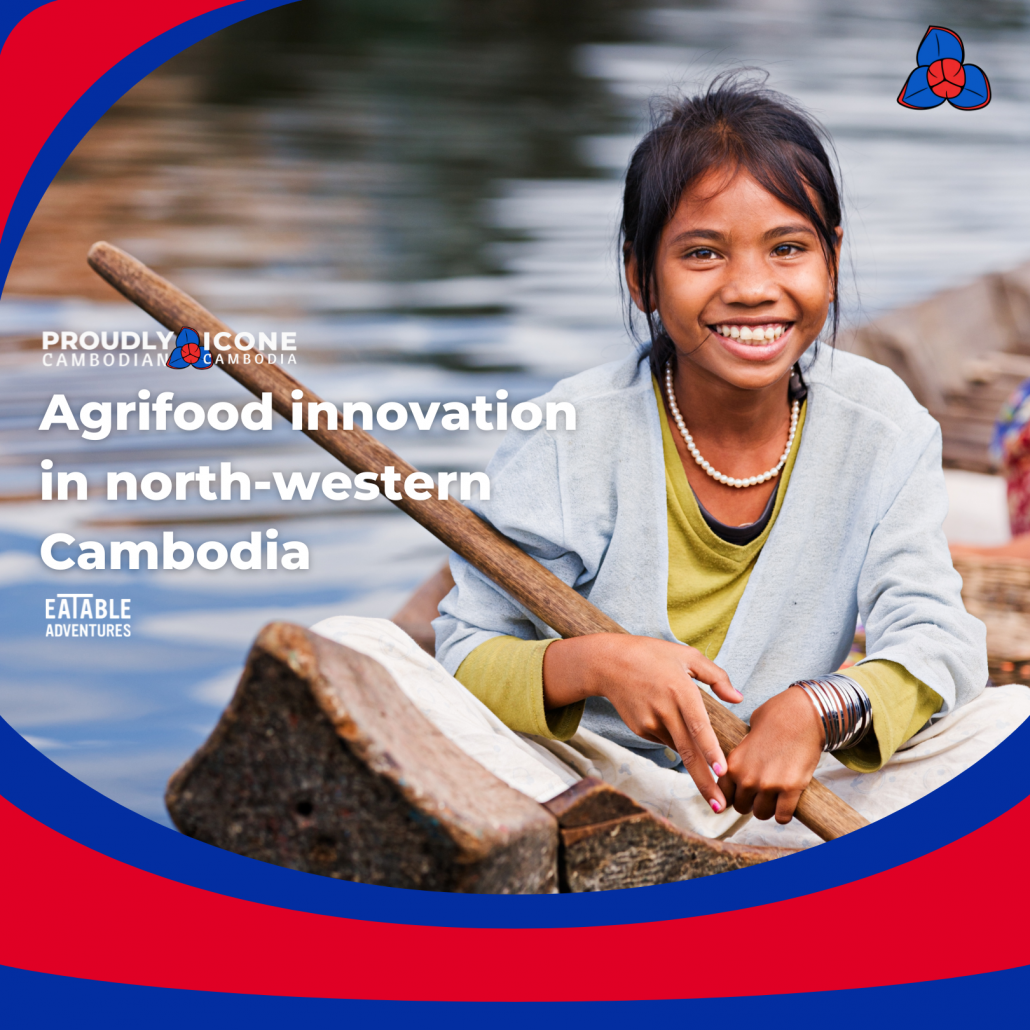Areas have chosen four projects to develop real solutions to sector challenges regarding sustainability.
Areas, the international leader in food & beverage and travel retail, headquartered in Barcelona, has selected the 4 winning startups of the second edition of ‘Areas for Change Challenge’, developed in collaboration with Eatable Adventures, one of the world’s leading Foodtech accelerators. This challenge is part of the company’s global ESG strategy, ‘Areas for Change’, which focuses on people, the planet, and the future of travel. Specifically, the company aims to provide sustainable and innovative solutions to reduce its environmental footprint and thus contribute to the fight against climate change and guide the company’s activity towards greater sustainability.
This second edition of ‘Areas for Change Challenge’, launched by Areas in November for the international entrepreneurial community, aims to find concrete and feasible solutions to the company’s challenges for the coming years and those of the Food & Beverage and Travel Retail sector, this time focusing on sustainability.
From the numerous applications received from startups in the United States, Europe, and Asia, Areas, and Eatable Adventures have selected 4 winning projects (one for each of the categories: recycling, water management, returnable packaging, and circularity in uniforms):
- The Utrecht-based startup, Orbisk, is in the ‘recycling’ category, for helping the hospitality industry significantly reduce food waste. Its innovative solution automatically records and recognizes discarded food, detailing the type, quantity, and time of day. Its technology allows teams to immediately engage in waste reduction initiatives without the need for training. Furthermore, information capture and data collection require no manual intervention by the user.
- Shayp, a Belgian startup, in the ‘water management’ category, for implementing intelligent algorithms to enable its users to address the issue of water scarcity, achieving a 21% reduction in water consumption. Its patented IoT technology is versatile, as it adapts to any type of water meter without requiring complicated installations and guarantees a 10-year battery life.
- The Paris-based Bibak, in the ‘returnable packaging’ category, for revolutionizing the takeaway food sector and addressing the issue of single-use packaging through an innovative sustainable system that includes food containers, connected kiosks, and a highly efficient operational process. The company implements terminals that facilitate the return process for consumers, providing an automated solution that integrates refunds, cashback, and gamification. Through this comprehensive system, customers enjoy detailed inventory tracking, precise return rate measurements, refund flow control, as well as quantification of environmental impact and generation of real-time personalized reports.
- Areas have also awarded the Barcelona-based startup ‘Circoolar’ for providing solutions in fashion, textiles, and their applications related to employee uniforms. In this regard, Circoolar specializes in the ethical and sustainable production of work uniforms, as well as in the creation of textile merchandising under the principles of circular economy and social impact.
These companies will have the opportunity to work with Areas, access its international network, and develop a pilot program at one of the points of sale.
The selected startups were received by Areas at an event held at the company’s global headquarters in Barcelona, during which the entrepreneurs were able to explain their proposal in detail, meet, and present their products to the project’s driving team and the Areas global management team.
Video Areas for Change Challenge 2024
About Areas
International leader in food and beverage and travel retail. With a presence in 10 countries, the company manages more than 2,000 restaurants and stores in Europe and America.
With a team of 20,000 people and locations in the main transport hubs in the world (airports, train stations, travel plazas on highways), as well as leisure parks, Areas provides service to more than 350 million customers every year.
Founded in 1968 in Barcelona, Areas is committed to offering high-quality services to travelers. Since then, Areas has become a global benchmark operator in the industry, with a deep knowledge of travelers’ needs and the widest range of restaurant concepts in the market.







